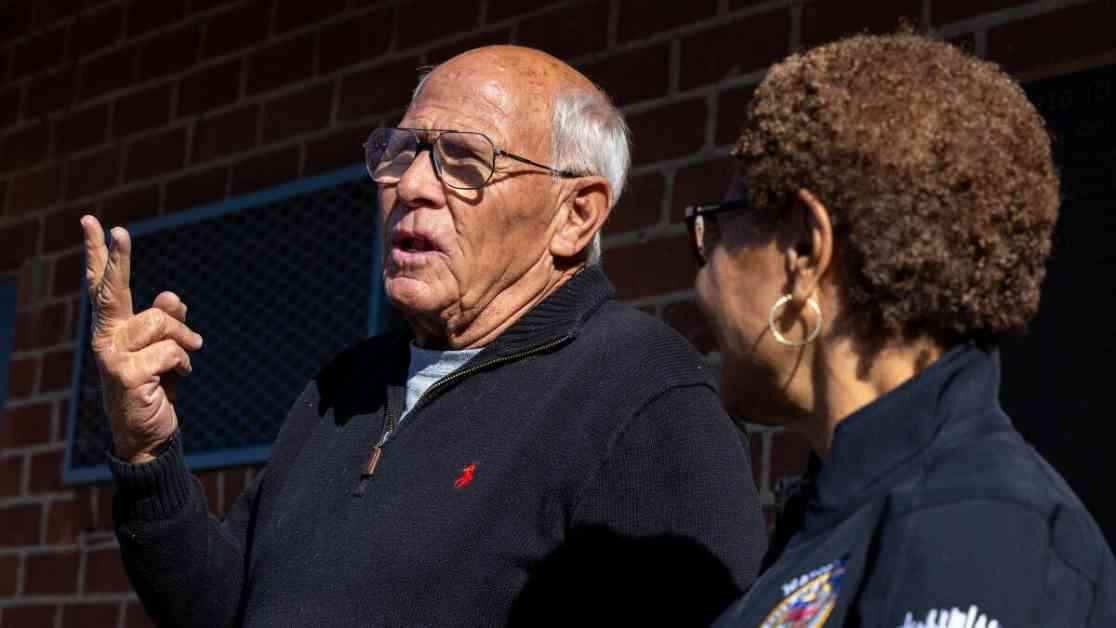Los Angeles Mayor Karen Bass’ wildfire recovery czar, Steve Soboroff, recently aired his grievances about feeling deceived by the city. This frustration stemmed from his initial expectation of being paid $500,000 over 90 days for his work, only to later discover that the promised funds were not available. This candid revelation took place during an alumni event at Harvard-Westlake School.
Soboroff, a prominent real estate developer and civic leader, had been selected by the mayor in mid-January to spearhead the recovery efforts. Initially, he had been assured that his salary would be covered by philanthropy. However, as events unfolded, it became apparent that the financial backing was not as secure as previously indicated.
During his address at Harvard-Westlake, Soboroff shared his personal struggle with the audience, revealing that he found himself in a position with no money and no formal contract in place. The disappointment of being misled led him to contemplate his options: publicly resign and expose the deception or continue working without compensation in the hope that the situation would improve.
Despite his initial frustration, Soboroff later clarified in an interview with The Times that he did not believe the mayor had intentionally misled him. This shift in perspective highlights the complexity of the situation and the challenges faced by both parties in navigating the aftermath of the Palisades fire.
Turmoil in the Aftermath of the Fire
The aftermath of the devastating Palisades fire has brought to light the strained relationships and conflicting priorities within the city administration. Mayor Bass, under pressure from various stakeholders, appointed Soboroff as the recovery czar to oversee the rebuilding efforts. However, disagreements and miscommunication between the two individuals further complicated the situation.
As tensions rose, Bass announced a reduction in Soboroff’s responsibilities, focusing solely on the Palisades area. This decision was met with resistance from Soboroff, who felt that his contributions were undervalued. The issue of his compensation became a point of contention, leading to public scrutiny and ultimately his decision to forego payment for his services.
The Human Side of Philanthropy and Public Service
During the Harvard-Westlake event, Soboroff shed light on his personal motivations and sacrifices in taking on the role of recovery czar. He emphasized his long history of pro bono civic work and the challenges of balancing financial considerations with public service. The decision to forgo a substantial salary in favor of serving the community underscored his dedication to the recovery efforts.
Soboroff’s candid reflections on his decision to work without pay resonated with the audience, showcasing the human side of philanthropy and public service. His willingness to share his personal struggles and uncertainties added depth to the narrative, highlighting the complexities of navigating public expectations and personal values.
In conclusion, the saga of Steve Soboroff and his role as the wildfire recovery czar offers a glimpse into the intricacies of public service and philanthropy. The challenges faced by both Soboroff and Mayor Bass underscore the importance of clear communication, transparency, and mutual respect in navigating complex situations. As the recovery efforts continue, the lessons learned from this experience will undoubtedly shape future decisions and collaborations in the pursuit of rebuilding and revitalizing the affected communities.


